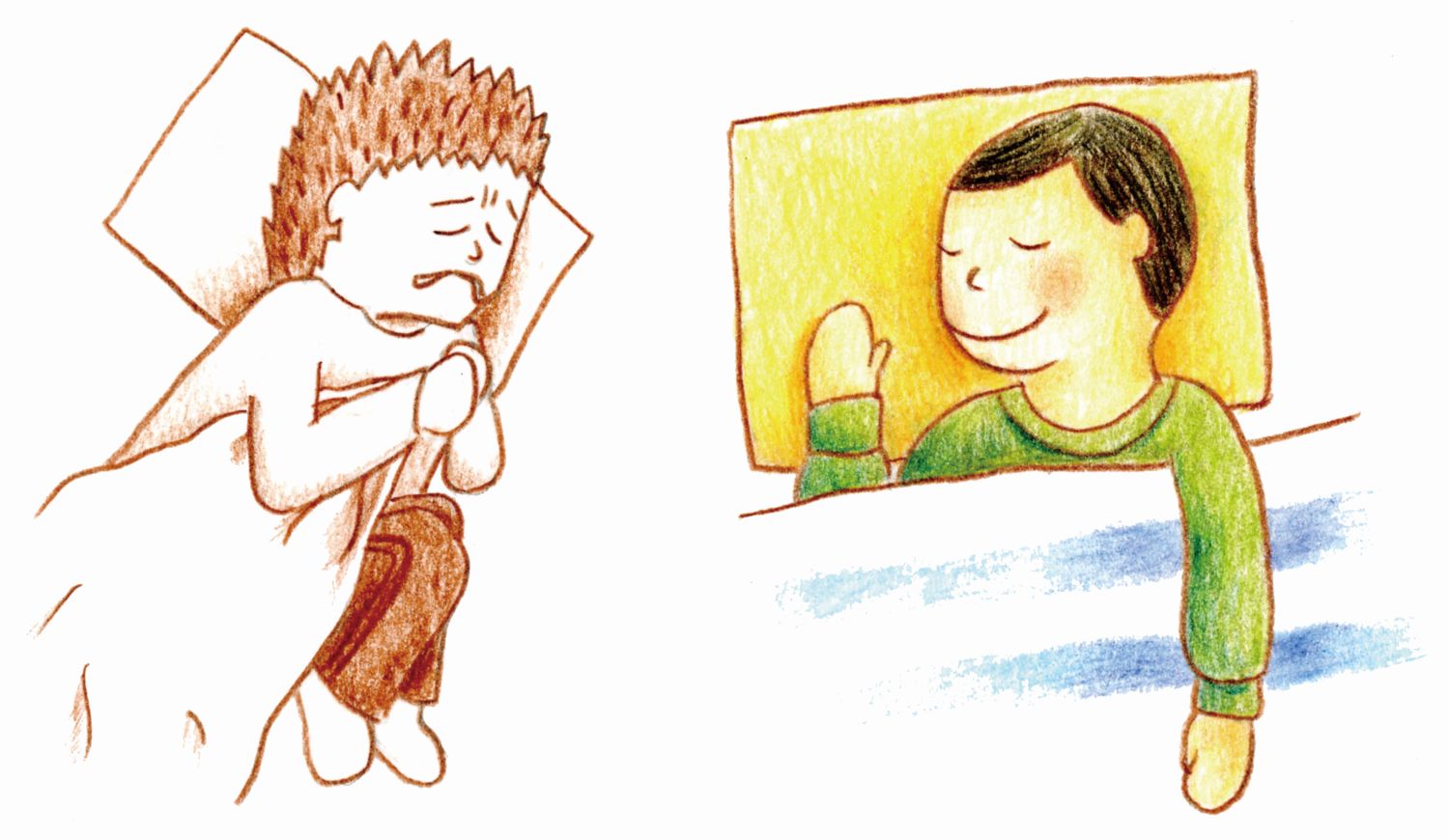Special Topics
Q&A about Relaxing the Body and Mind - Question 2: Why is it easy to become drowsy when relaxing?
 A: We usually rely on our willpower to do things, and our body and mind are tense for a long time. Therefore, when most people practice relaxation, their mind would no longer control the body, and they feel sleepy as soon as they are relaxed.
A: We usually rely on our willpower to do things, and our body and mind are tense for a long time. Therefore, when most people practice relaxation, their mind would no longer control the body, and they feel sleepy as soon as they are relaxed.When ordinary people sleep, their minds are usually in a state of confusion, and their habitual patterns of the past sometimes may emerge from their consciousness in the form of dreams. At this time, if you have nightmares, your body will become tense and anxious as a result, and you will not be able to truly rest.
Relatively speaking, when a practitioner rests or sleeps, his mind is still clear and relaxed. We should practice keeping our minds aware-- that is, knowing what we are doing and thinking, as well as being clearly aware of the various reactions that arise in our minds, instead of living our lives in an unconscious and dazed way.
Extended Reading:
Relaxation and Ease of Mind
Q&A about Relaxing the Body and Mind - Question 1: How do we know that the body is tight and needs to be relaxed?
Q&A about Relaxing the Body and Mind - Question 2: Why is it easy to become drowsy when relaxing?
Q&A about Relaxing the Body and Mind - Question 3: Does relaxation mean thinking and doing nothing?
Q&A about Relaxing the Body and Mind - Question 4: I know I want to relax, but I just can't make it. What should I do?
Q&A about Relaxing the Body and Mind - Question 5: How is relaxation different from letting go and spacing out?
Relaxation for Recovery of Body-mind Balance
Physical and mental relaxation strategies
Resource: Issue 353 of Life Magazine, Dharma Drum Publishing Corporation
Photos: Issue 353 of Life Magazine, Dharma Drum Publishing Corporation
Translation: James Hsu
Editing: Keith Brown, YKL
